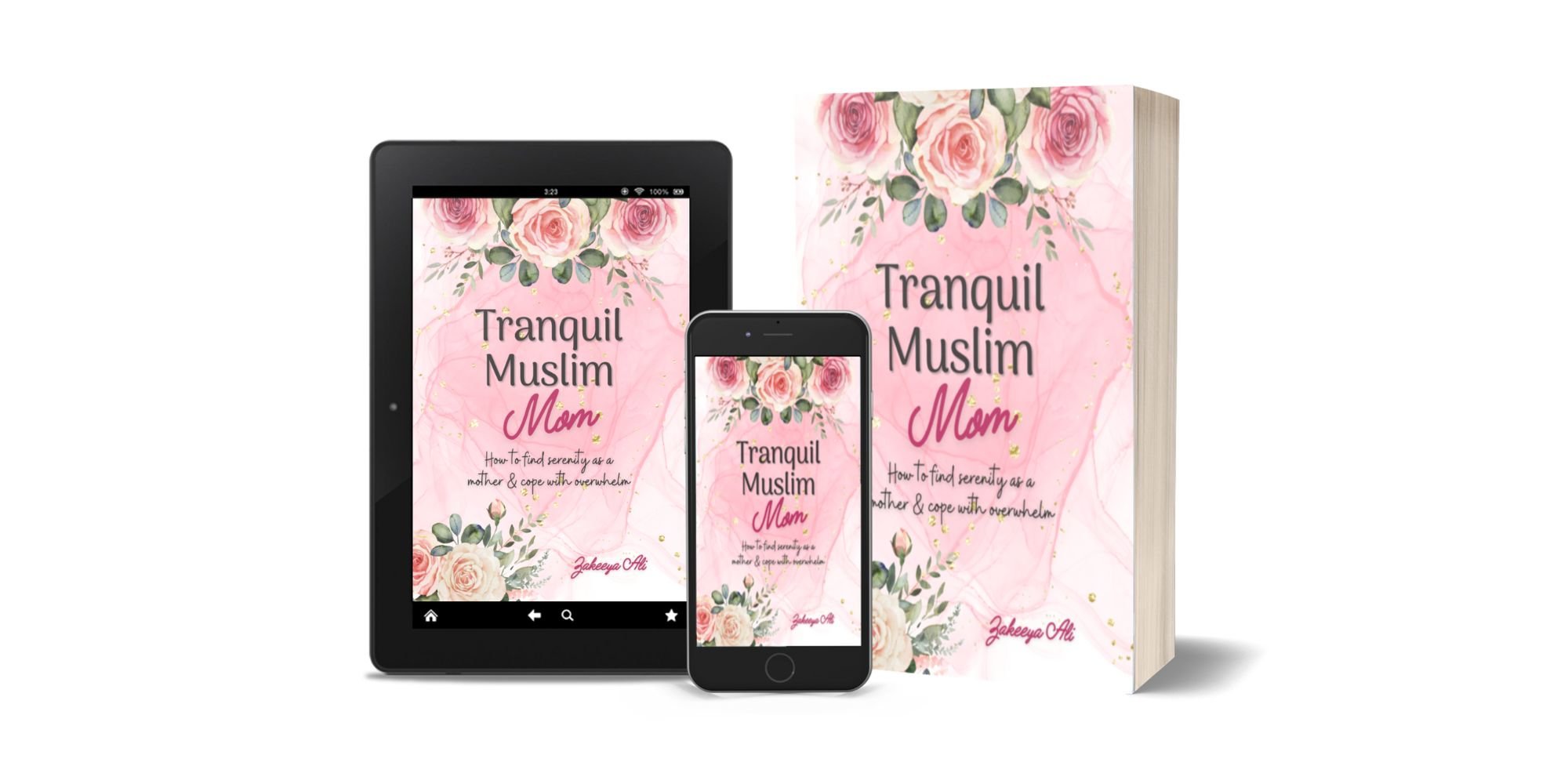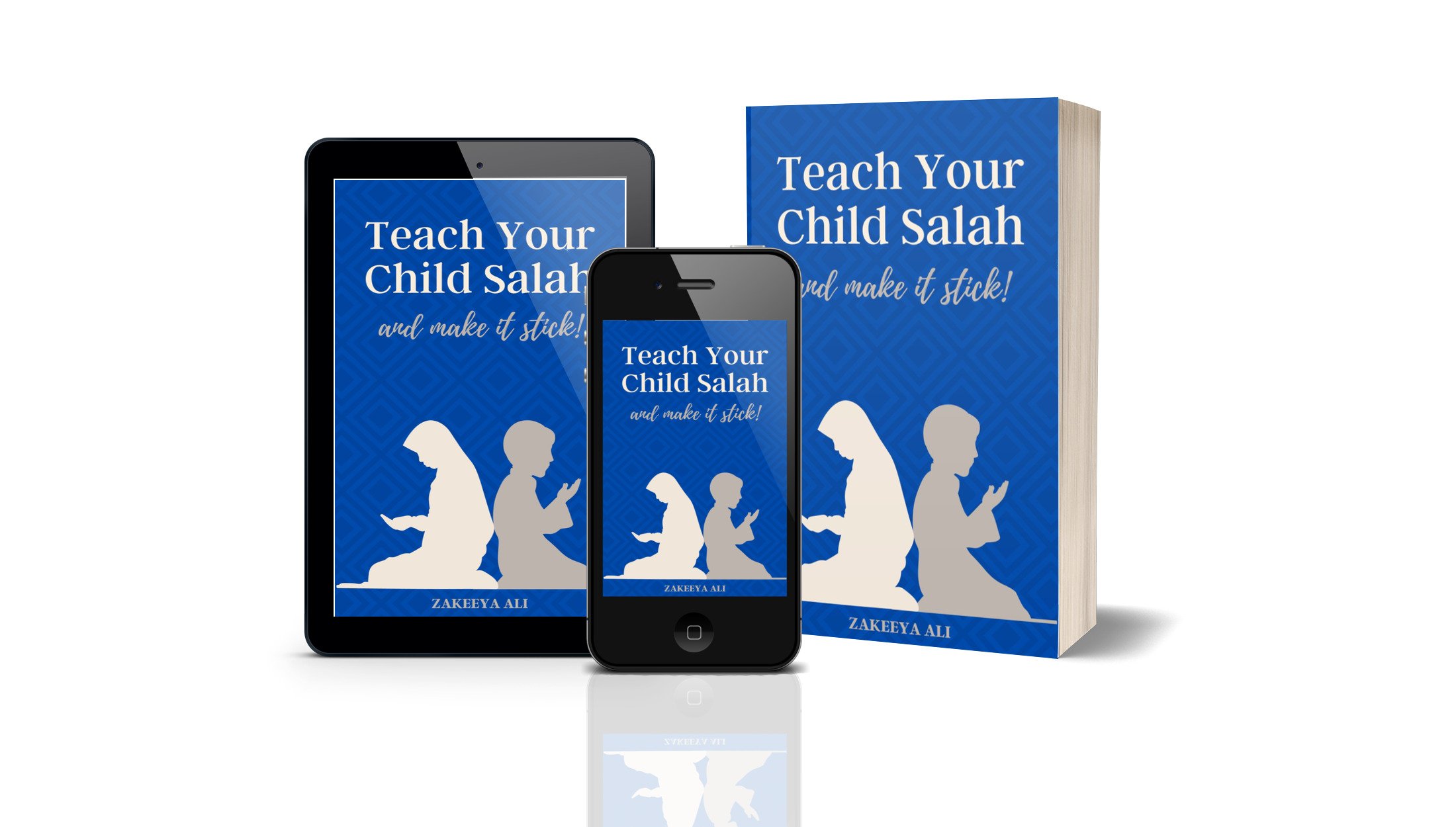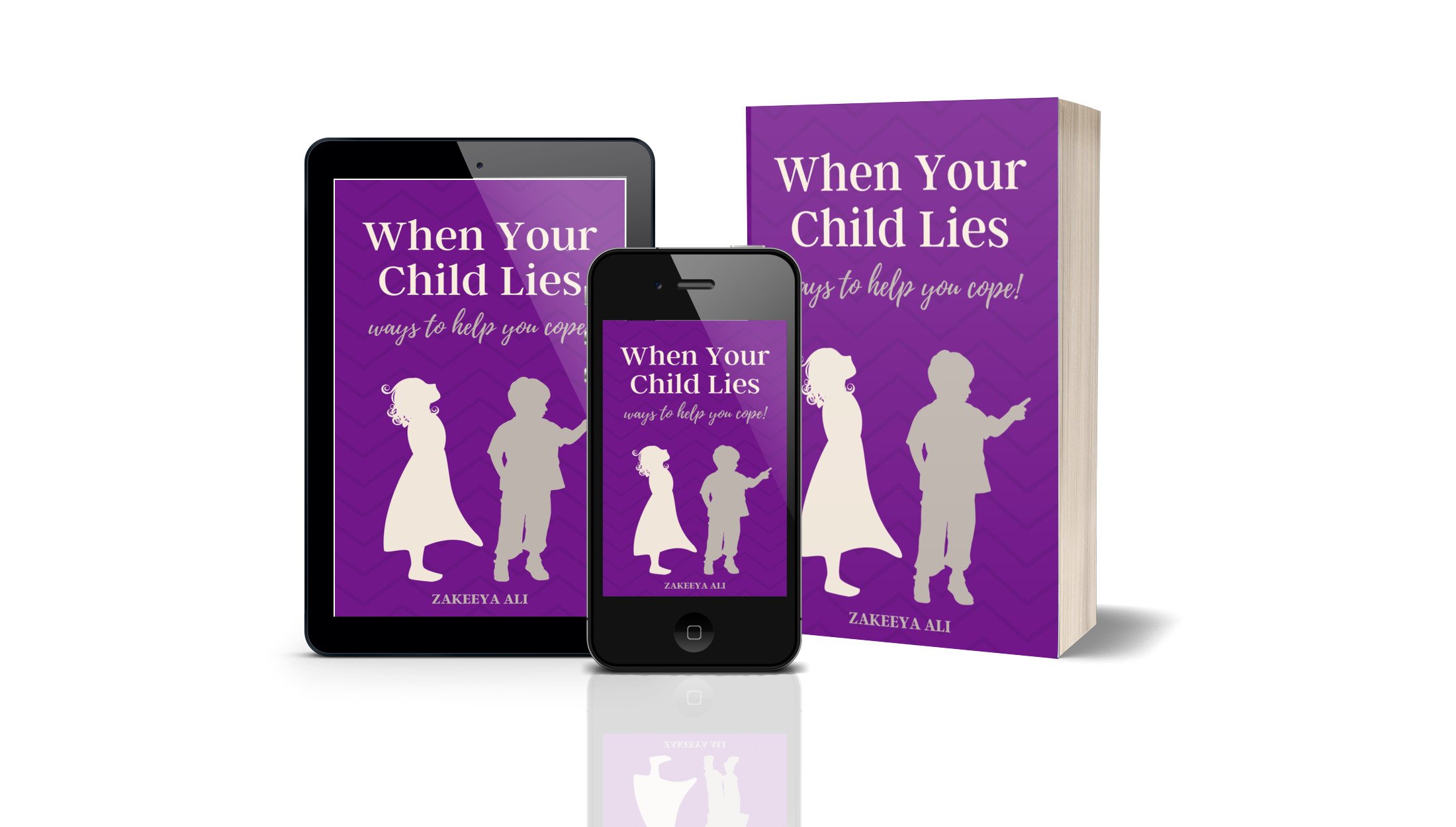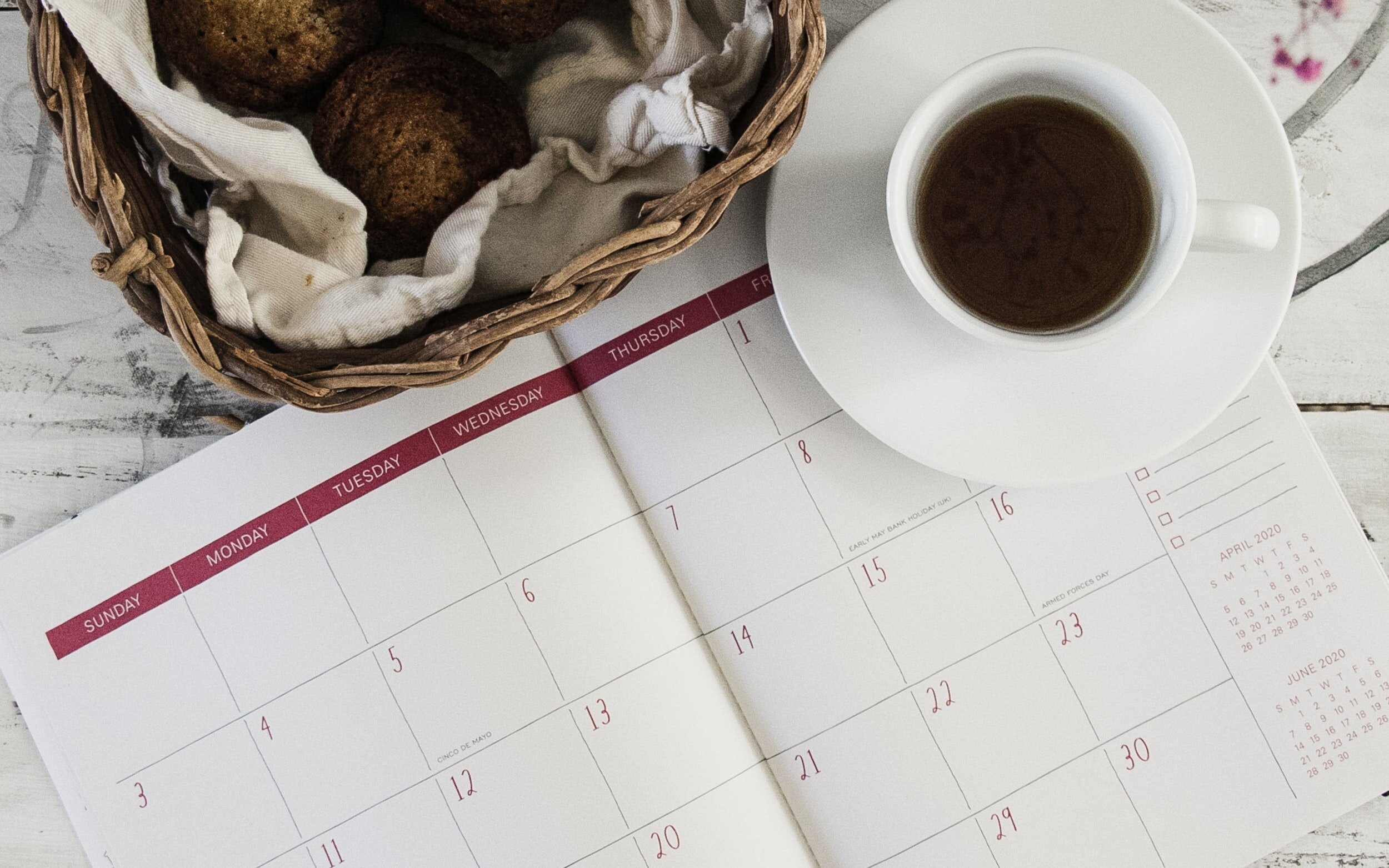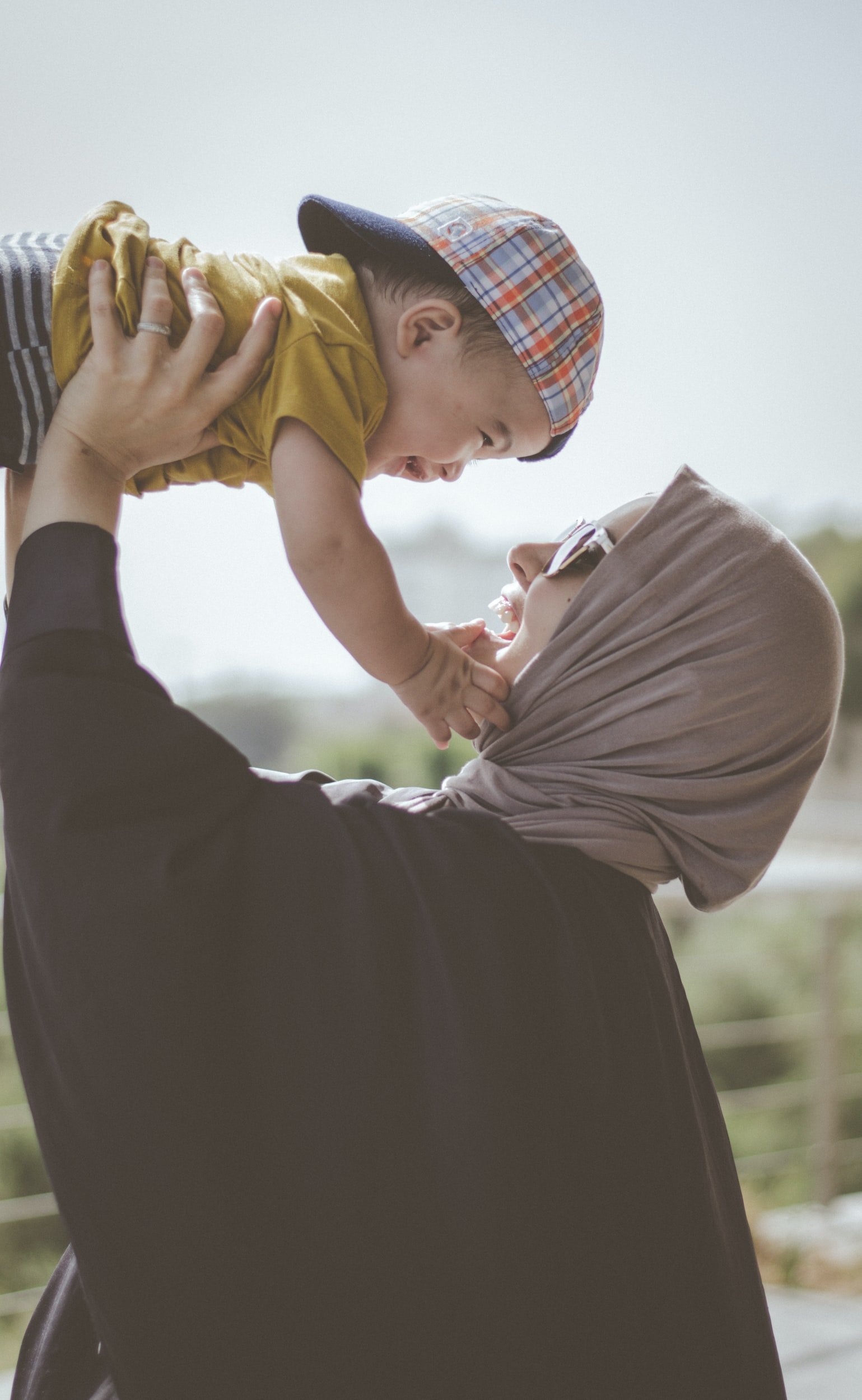Explaining Puberty For a Muslim Child
Puberty is a huge milestone in life and very impactful for a child. In society, puberty indicates that a child is fully a teenager. However, in Islam, puberty indicates the beginning of adulthood, and this is highly significant for our child as it indicates:
That their obligations become binding.
That their sins begin to be recorded.
That they become responsible for themselves.
Due to the onset of puberty, it becomes obligatory in Islam for parents to:
To be aware of the signs of puberty in their child.
To teach the signs of puberty to their child.
To educate the significance of puberty to their child.
To explain to their child that puberty is a sign from Allah that they are old enough to be accountable for themselves.
Many parents may feel shy or skittish about talking to their child about the changes that puberty brings about, but as adults, we should understand that this is a part of life and Allah’s creation.
Our failure to fulfill the obligation of teaching our child about these important life changes, is blameworthy and accountable to us. It is also detrimental to the well-being of our child because they won’t be mindful of their deeds being recorded, which can prevent them from intentionally sinning.
Puberty begins when:
A boy has a wet dream.
A girl starts menstruating (a bloody show after reaching 9 lunar years).
If this does not occur, then the scholars mention that puberty is considered to begin when a child reaches 15 lunar years.
Explain to a child about their obligations that:
The fard salah missed after this age is a major sin and must be made up as qada.
The zakat becomes fard on any zakatable amount of money that the child owns.
The hijab becomes a fard obligation on them.
Thus we see why it is imperative for parents to ensure that prior to their child reaching the age of puberty, they should know the obligations of worship, and have already begun practicing the methods of worship.
However, it is not obligatory to know the fiqh of certain acts in which we are not engaged, like, e.g., a person doesn’t need to know the fiqh of Hajj until they are going for Hajj, or need to know the fiqh of zakat if they don’t own zakatable wealth.
Once the signs of puberty are known to your child, they will be able to inform you when they occur. When this occurs, the scholars recommend that you have a discussion with him/her to review:
The pillars of Islam.
The articles of iman.
The complete tenants of aqeedah with the fiqh.
The fiqh of menstruation with daughters.
The fiqh of wet dreams.
It is also recommended to remind your child that:
The angel on their left side has begun to record their bad deeds, so they have become accountable for all that Allah SWT has made fard. However, their good deeds are recorded prior to puberty.
The haram they are likely to encounter must be avoided at all costs.
The Day of Judgement is a time whereby the punishment of Jahannam and the rewards of Jannah are real and inevitable.
It is beneficial to remind your child of the high rewards for the youth who are obedient to Allah SWT, and at the same time warn them of the hazards of this age at a time when:
Their desires can be higher.
The hereafter can seem far away.
They can tend to want to incline to worldly desires.
I personally recommend a great book by Ustadha Hedaya Hartford, author of Coming of Age – A Muslim Girl’s Guide (on puberty) for daughters (I have not found a good book for sons yet). However, it seems like this book is out of print, so her new one looks like it is Complete Fiqh of Menstruation & Related Issues
I also recommend that parents, in particular, talk with their children about having feelings for the opposite gender. Teach them that it's normal to have these feelings, but in Islam, we deal with those feelings in the proper manner with adab. The amazing book, Smart Teenage Muslimah written by my good friend Farhat Amin, will help parents discuss “difficult and uncomfortable” issues with their older child.
Explain to your child that they might have feelings of:
Frustration
Sensitivity
Awkwardness
Irritability
Loneliness
Self–consciousness
As though no one understands them.
Further explain that their body and face would be changing and that they may go through a gawky stage, which is temporary and normal and many kids go through it. We should give our child the proper tools for dealing with all their feelings, as well as the Islamic outlook, so they can put their feelings into proper perspective.
I believe that if we do this for our child, along with teaching them how to build a strong relationship with Allah SWT, then puberty will not be a traumatic or confusing experience. Building a solid relationship and having a strong bond with your child prior to puberty is one of the best ways to counter the negativity that can occur between parents and kids in the teenage years.
Due to puberty being a difficult stage, a child will also need an increased amount of love, compassion, and patience. It can be challenging for parents as well, due to seeing their child act their worst at this age.
As parents, we don’t allow our children to be disrespectful to us, as it is a major sin. At the same time, we should be wise when dealing with any ignorant behavior and teach from a place of love, understanding, and good communication.
Remember, sometimes the fruits of our labor will not be seen until the storm of teenagehood passes and our children are full-grown adults with kids of their own, inshallah. Stay the course, it’s worth it, and have a happy parenting journey!
Salam, I’m Zakeeya!
I believe that making our homes a safe haven for our families, as well as being a wife and mother, brings us great blessings, contentment, and benefits to society as a whole. Since 2011, I've been dedicated to assisting Muslimas in finding tranquility in their roles, taking better care of themselves, and achieving inner peace. Our journey in this world is not an easy one, but I pray the tools and guidance I offer will help you face life's challenges with more gratitude and mindfulness. Join me as I share wifehood, motherhood, homemaking, and lifestyle solutions that make life more fulfilling for you as a woman! Read more about me here.


